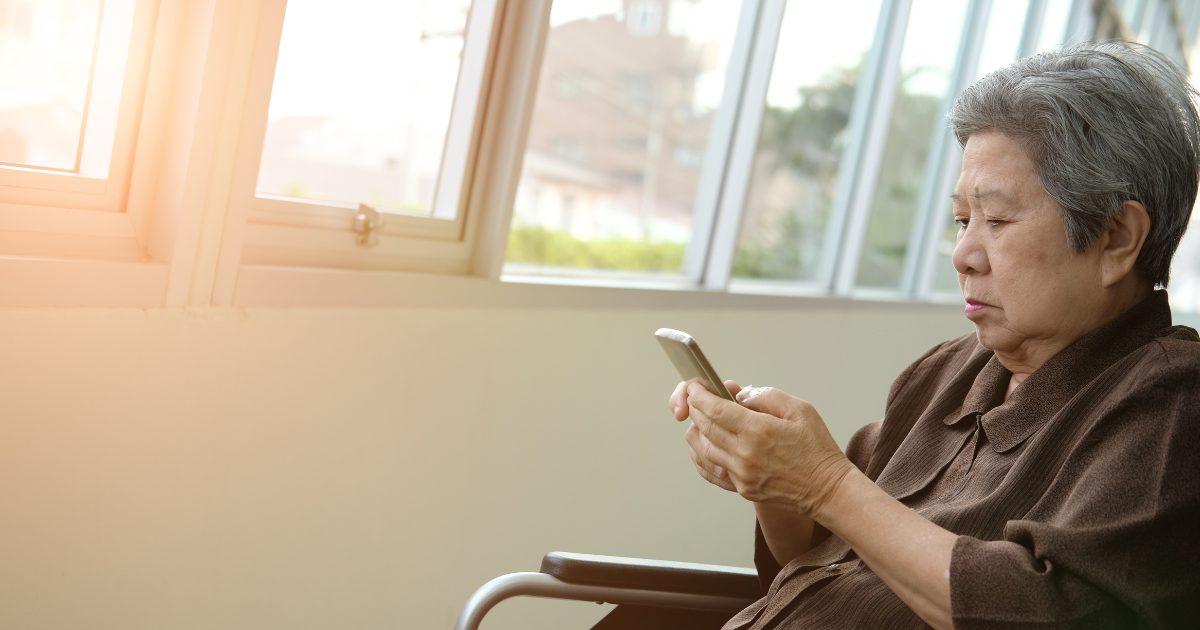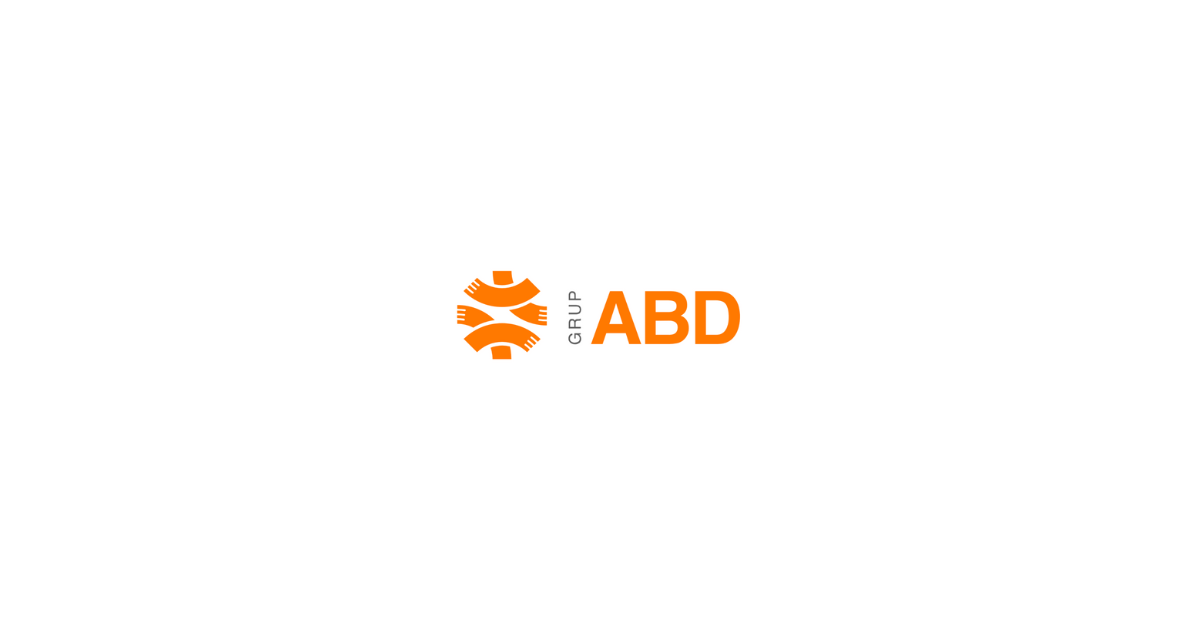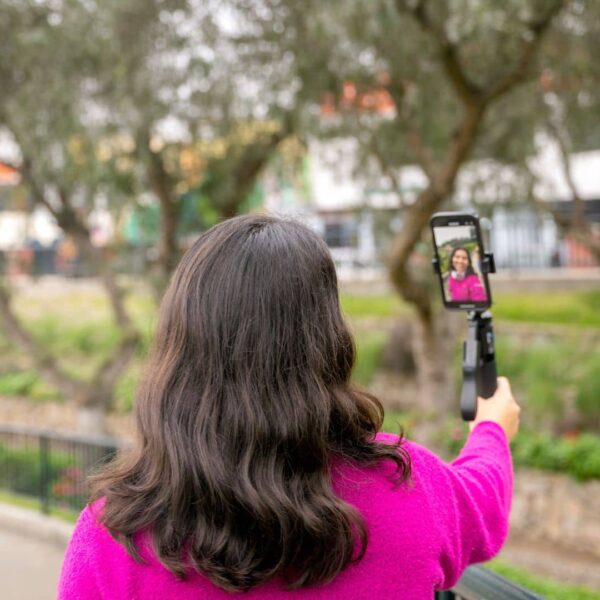ATENEA, device adapted to combat the digital divide


An adapted device that contributes to the digital and technological transformation of social services, focusing on the most vulnerable citizens
The ATENEA system uses a buttonless mobile phone with a highly simplified user interface that enables vulnerable groups, such as the elderly or people with disabilities, to manage their basic needs and request social services digitally. The device only requires voice use and operates through a voicebot that combines natural language processing and artificial intelligence to engage in smooth and agile conversations with users.
The main goal is to reduce the digital gap and ensure everyone has access to the necessary technology to improve their quality of life. Additionally, ATENEA seeks to mitigate unwanted loneliness through easy communication with their immediate environment and increase personal safety by requesting assistance in emergencies.
Furthermore, the tool facilitates access to basic goods such as food through online shopping, helps people orient themselves in space and time, and simplifies interaction with social services by scheduling appointments and enabling direct communication with social workers.
Characteristics of innovation
Localization
Catalonia
Partners / Funders
Momentum Analytics, Samsung, Microsoft, Verbio, Raona, Secretariat of Digital Policies of the Government of Catalonia, Catalonia Cybersecurity Agency, University of Barcelona, Next Generation EU Funds through the Department of Social Rights
Genesis
ATENEA was introduced on October 17, 2023, at the Smart City Expo Congress during the event on “Innovative Solutions for Social Inclusion,” organized by Momentum Analytics and the ABD group. The pilot test involved five municipalities (Sant Feliu de Llobregat, Mollet del Vallès, Premià de Mar, Manlleu, and Vall d’Aran) and 500 users.
Level of implementation
Over the past year, the ABD Group has supported 160,805 people, including 1,675 elderly people in home care services, nursing homes, and housing with support services, and 330 people with intellectual disabilities.

Banc d’innovacions






